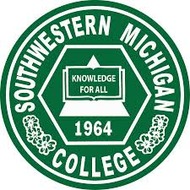
(View Complete Item Description)
Learning from Arguments offers a novel approach to teaching Introduction to Philosophy. It advances accessible versions of key philosophical arguments, in a form that students can emulate in their own writing, and with the primary aim of cultivating an understanding of the dynamics of philosophical argumentation.
The book contains ten core chapters, covering the problem of evil, Pascal’s wager, personal identity, the irrationality of fearing death, free will and determinism, Cartesian skepticism, the problem of induction, the problem of political authority, the violinist argument, the future-like-ours argument, the ethics of eating meat, utilitarianism (both act and rule), and the trolley problem. Additionally, there is an introductory chapter explaining what arguments are and surveying some common argumentative strategies, an appendix on logic explaining the mechanics and varieties of valid arguments, and an appendix providing detailed advice for writing philosophy papers.
Each of the ten core chapters offers a sustained argument for some controversial thesis, specifically written for an audience of beginners. The aim is to introduce newcomers to the dynamics of philosophical argumentation, using some of the arguments standardly covered in an introductory philosophy course, but without the additional hurdles one encounters when reading the primary sources of the arguments: challenging writing, specialized jargon, and references to unfamiliar books, philosophers, or schools of thought.
Material Type:
Textbook
Author:
Daniel Z. Korman




















